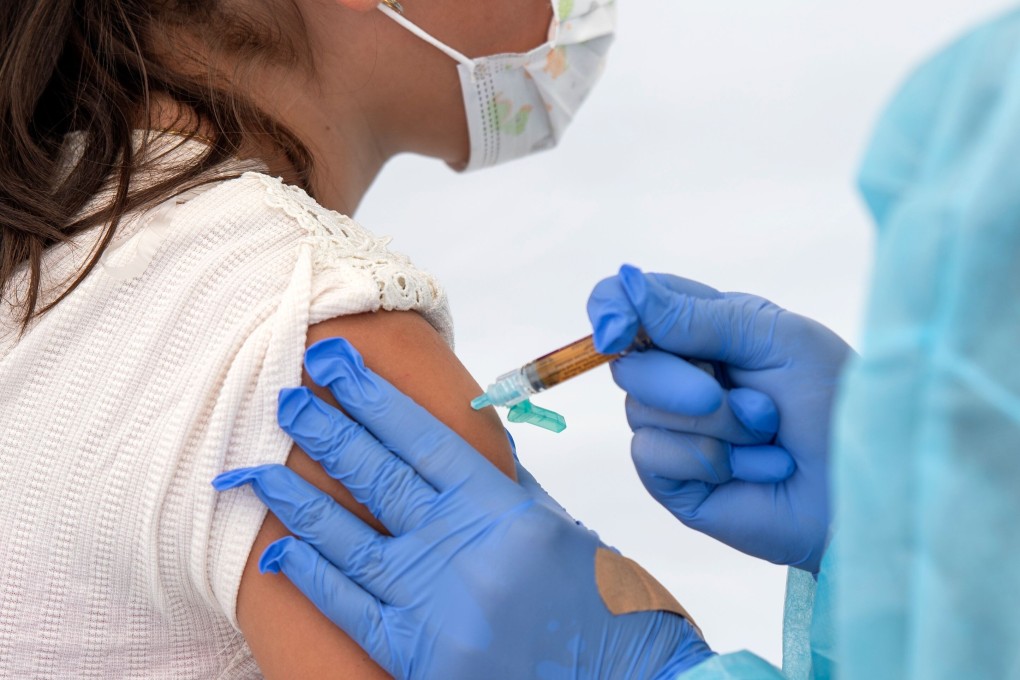Explainer | What will happen if we cannot produce a coronavirus vaccine?
- Vaccines may just reduce the severity of symptoms or provide temporary protection; there’s no guarantee they will prevent Covid-19 infection
- Herd immunity will not be achieved by natural infection rates, and the virus may become endemic, which is why public health measures are vital

But there’s no guarantee that this will happen. Even in the most promising cases, we cannot yet be sure that any vaccine will permanently prevent people from catching Covid-19 and enable the disease to be gradually eradicated or at least contained to limited outbreaks. Vaccines may just reduce the severity of symptoms or provide temporary protection. So what will happen if this is the case?
Some people have argued that when enough of the population have caught Covid-19, and produced an immune response to it, we will have reached “herd immunity” and the virus will no longer be able to spread. But this is a misunderstanding of what herd immunity means and how viruses spread and so is not a realistic aim for Covid-19 control.
Herd immunity is what enables us to eliminate diseases using vaccines. The percentage of a population who need be to be vaccinated to reach herd immunity is calculated using the basic reproductive rate (R0).
This is the average number of people that each person who catches the disease would naturally pass it on to without any medical or public health interventions, taking into account how infectious the disease is and how it is spread.
The higher the R0 number, the more people need to become immune through vaccination to halt the spread. You also need to allow for the fact that some people cannot have the vaccine for medical reasons and some will refuse it.
Numerous diseases have been eliminated in many countries thanks to herd immunity produced by vaccination programmes. But herd immunity is not something that can be achieved by natural infection.
Take the example of measles, which is caused by a virus that has been around in humans for centuries. It is highly infectious – the R0 value is 15. This means that on average one child with measles can infect 15 others. As a result, around 95 per cent of people need to be resistant to the disease for a population to achieve herd immunity.